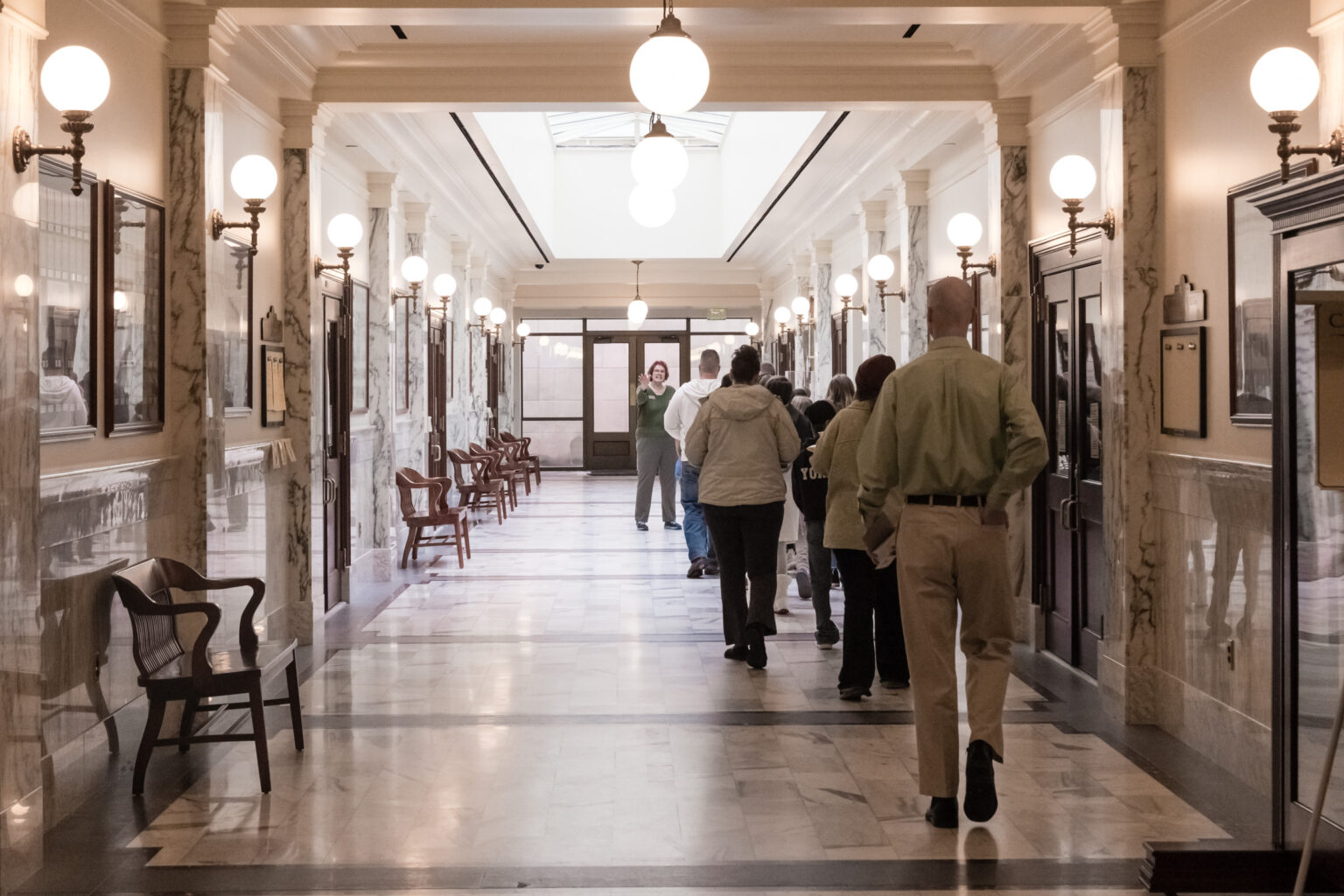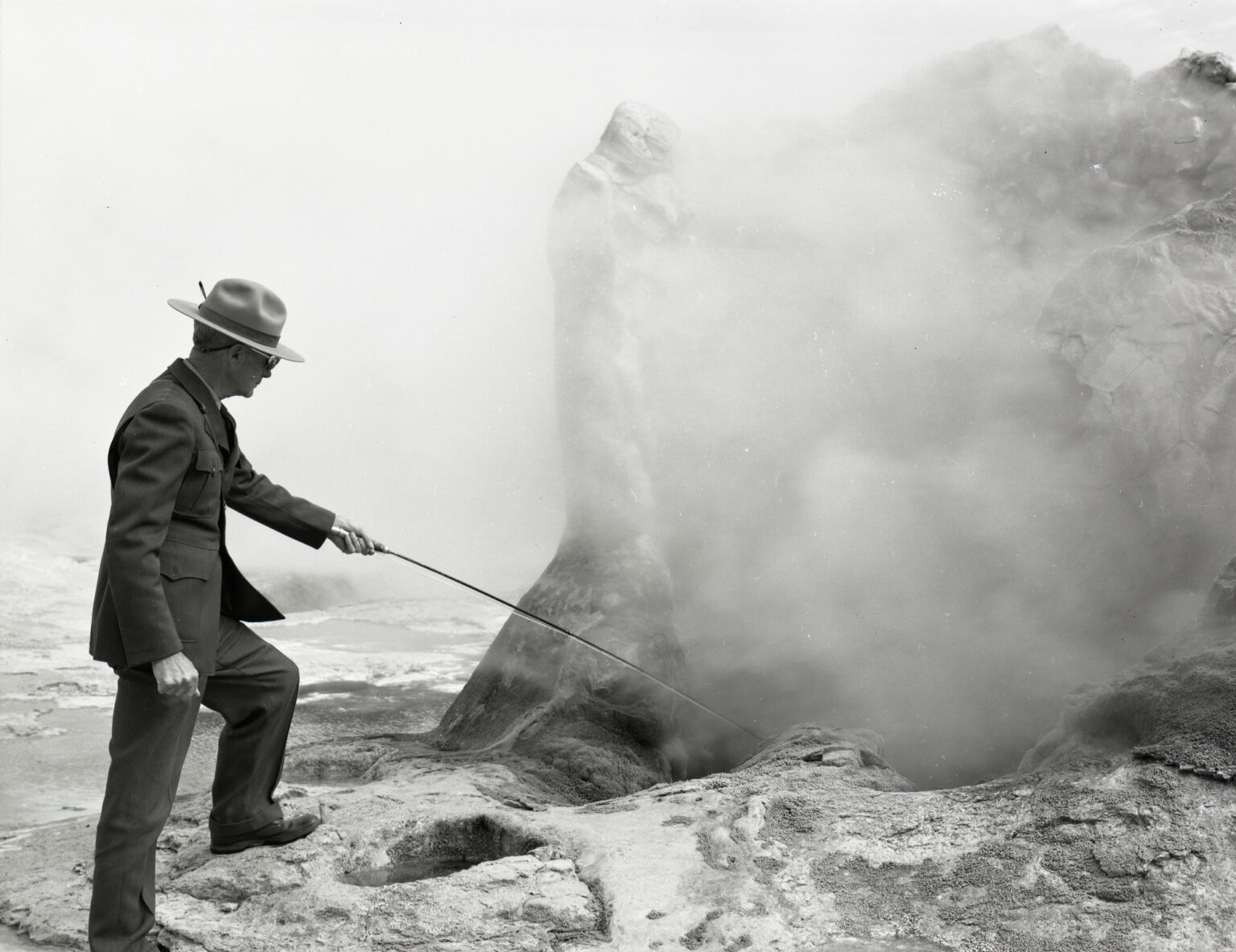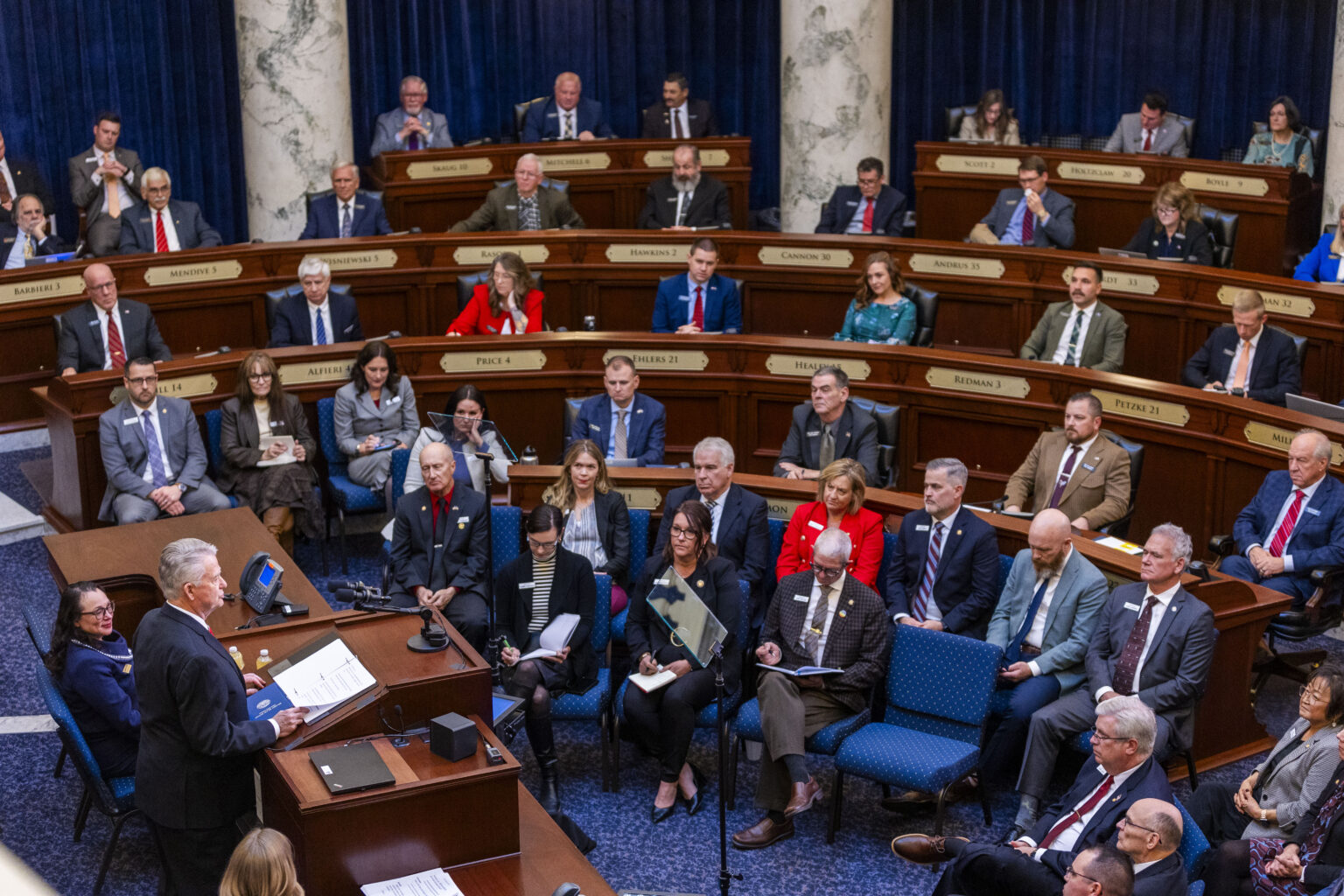Is it ready? On January 6, Idaho’s 2025 Legislative Session began. Numerous significant ideas will be examined, ranging from tax reform to educational choice. There will probably be one or two surprises as well. Having the ability to actively participate and be heard by their elected leaders during this legislative process is crucial for Idahoans. Unfortunately, this is more difficult to happen now than it should be.
Although it is admirable that the Idaho Legislature offers the option of remote testifying, it is extremely difficult to sign up for committee alerts. I have personal experience with this.
Those who wish to get these crucial legislative notices must go committee by committee in the absence of a central listserv signup for committee updates. Additionally, you cannot sign up in a row. A waiting period is necessary in between each signup. If you attempt to sign up quickly, you will receive the following warning: You must wait a while before renewing your subscription.
It took me a whole week to finish the signup process for every committee because of this waiting period. This is not the case in nearby states and is extremely inefficient.
A master email listserv is used by the majority of state legislatures. Additionally, you are not required to resubscribe following each session. This is an illustration of how simple it is to use the Washington Legislature’s master signup procedure. Montana follows the same simple procedure.A master email listserv is also utilized by Wyoming.
Signing up for committee updates is not just challenging in Idaho, but announcements are not handed out in time for residents to plan to participate in their governance. Committee updates are far too frequently delivered the night before a hearing rather than three to five days beforehand, which is the typical best practice.
Legislators in Idaho should change their regulations to mandate that bills be heard at public hearings with at least three days’ notice in order to increase public participation in their government. It is common for states to give early notice of bills that are slated for public hearings. This will assist in giving time-pressed citizens the opportunity to modify their schedules in order to comment on proposed legislation.
Public support for this kind of sensible transparency change is very strong. 92% of respondents to our most recent Idaho poll supported giving legislative public hearings three days’ notice.
Legislative rules that require prior notification of bills slated for public hearings include the following instances.
-
Washington five-day notice:
1) At least five days notice shall be given of all public hearings held by any committee other than the rules committee. Such notice shall contain the date, time and place of such hearing together with the title and number of each bill, or identification of the subject matter, to be considered at such hearing. By a majority vote of the committee members present at any committee meeting such notice may be dispensed with. The reason for such action shall be set forth in a written statement preserved in the records of the meeting. 2) No committee may hold a public hearing during a regular or extraordinary session on a proposal identified as a draft unless the draft has been made available to the public at least twenty-four hours prior to the hearing. This rule does not apply during the five days prior to any cutoff established by concurrent resolution, nor does it apply to any measure exempted from the resolution. -
Montana three-day notice
: Notice of a committee hearing must be made by posting the date, time, and subject of the hearing online and in a conspicuous public place not less than three legislative days in advance of the hearing.
Legislators should implement the following best practices for legislative openness in order to increase Idahoans’ involvement in their governance:
- Utilize a master email listserv subscription for all committee updates;
- Subscription notifications do not expire after the session;
-
Provide a
three-day notice for all public hearings and agendas
(automatically emailed to those subscribed);
- Post all bill amendments in advance for committees and floor action; and
- Post the room number on the legislative website where lawmaker offices are located at the capitol building.
Whether we are business owners, parents, students, members of a trade association, or even lawmakers, it is critical to provide adequate public notice of the date of a bill’s public hearing and the specifics of the proposal. Only then will we be able to reorganize our schedules, review, and get ready to testify before politicians in order to support the advancement of sound state policy.
As bills move through the legislative process, requiring at least three days’ notice of measures scheduled for public hearings would serve to improve the information available to both citizens and lawmakers.
GET THE HEADLINES FOR THE MORNING.
GET THE HEADLINES FOR THE MORNING.
Note: Every piece of content is rigorously reviewed by our team of experienced writers and editors to ensure its accuracy. Our writers use credible sources and adhere to strict fact-checking protocols to verify all claims and data before publication. If an error is identified, we promptly correct it and strive for transparency in all updates, feel free to reach out to us via email. We appreciate your trust and support!



